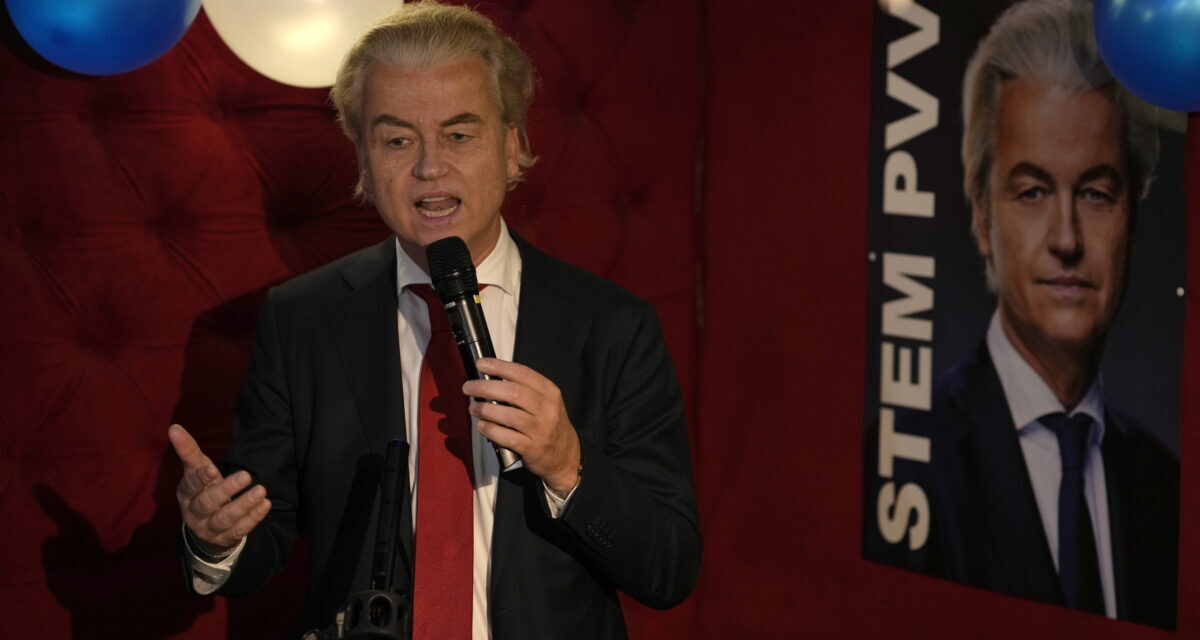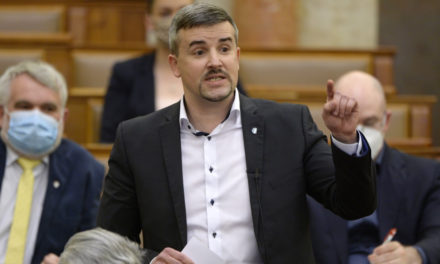The victory of Geert Wilders' party is a surprise only to those who perceive the reality of the European core countries through the filter of the neoliberal media and take the rosy stereotypes he peddled as cash.
But these societies have long been in a severe lethargy, with their own "full of ill-humor" weighing on them for a very long time, to use Shakespeare's words.
The doubling of the Dutch Freedom Party's parliamentary results already had a lot of European signs. Not so long ago, a similar radical breakthrough took place in Austria, but it was still "solved" by the current mainstream of the European Union - with politically dirty actions - without solving the sociological secret of the rise of the Austrian radical right. In France, the longer term of Marie Le Pen scares the neoliberal elite, in Germany the AfD increasingly embodies a national-scale alternative, and Italy is already governed by the national radicals of the Melonis, albeit squeezed into the straitjacket of the EU mainstream. (The eventual formation of a government by the Wilders may loosen this garment.) And then we have really only mentioned the countries that are most in mind so far.
However, permanent sociological trends are becoming more and more spectacular politically everywhere. The once seemingly unshakable sense of social comfort of the middle class is now a thing of the past, their relative public safety is replaced by constant, everyday anxiety, and more recently, their biological identities given by nature are being questioned, and even their cultural traditions are shamefully degraded and downgraded.
This is too much middle-class frustration at the same time: social and existential threat, migration, terrorist threat, woke, cancel culture - is it any wonder that the growing majority of them are unable to even bear all of this, let alone process it?
Their entrenched center-party affiliations were basically torn apart by the last two or three decades. Left and right, they can no longer find adequate answers to their disturbing questions, and they have no desire to adapt to the new worldview brochures and the resulting daily neolib training. More migration, more woke, more cancel culture as a solution? No!
To put it mildly, they do not feel that they own the neoliberal sass that the current leaders of their former parties are carrying out, they do not accept that their change of heart - as the path to be followed by "progressivity" - is set for them.
They don't care that the stigma of populism (and this is the mildest stigma...) is put on them, on the contrary, they prefer to follow the path dictated by their own common sense. They turn to parties that shape their politics not by the media, but by perceiving the facts of sociology. They will not be affected by neolib language policy tricks, with which they would apply 20th century horror concepts to the sociological reality of the 21st century, in order to lock those who defy the mainstream into deterrent ideological quarantines. But a good part of the Western middle class is protesting determinedly today, while shaking off the ideologies of horror like a dog at water. He starts from what he sees and experiences, and not from what the mainstream media would have him see at all costs.
You don't know what will happen tomorrow in the Netherlands, one thing is for sure. The neolib forces will do everything they can to "neutralize" the Wilders.
Whether it succeeds or not, we'll see. But if they succeed, the reality will face them even harder the day after tomorrow.
Featured Image: Freedom Party (PVV) leader Geert Wilders speaks to supporters on the eve of the Dutch early parliamentary elections in The Hague on November 22, 2023. In the Netherlands, early elections are being held because Prime Minister Mark Rutte, who has led the country for 12 years, resigned in July 2023 after his four-party coalition - consisting of the VVD, the left-liberal 66 Democrats, the Christian Democrat CDA and the Calvinist Christian Union - it failed due to the controversy surrounding the tightening of asylum laws. MTI/AP/Peter Dejong












